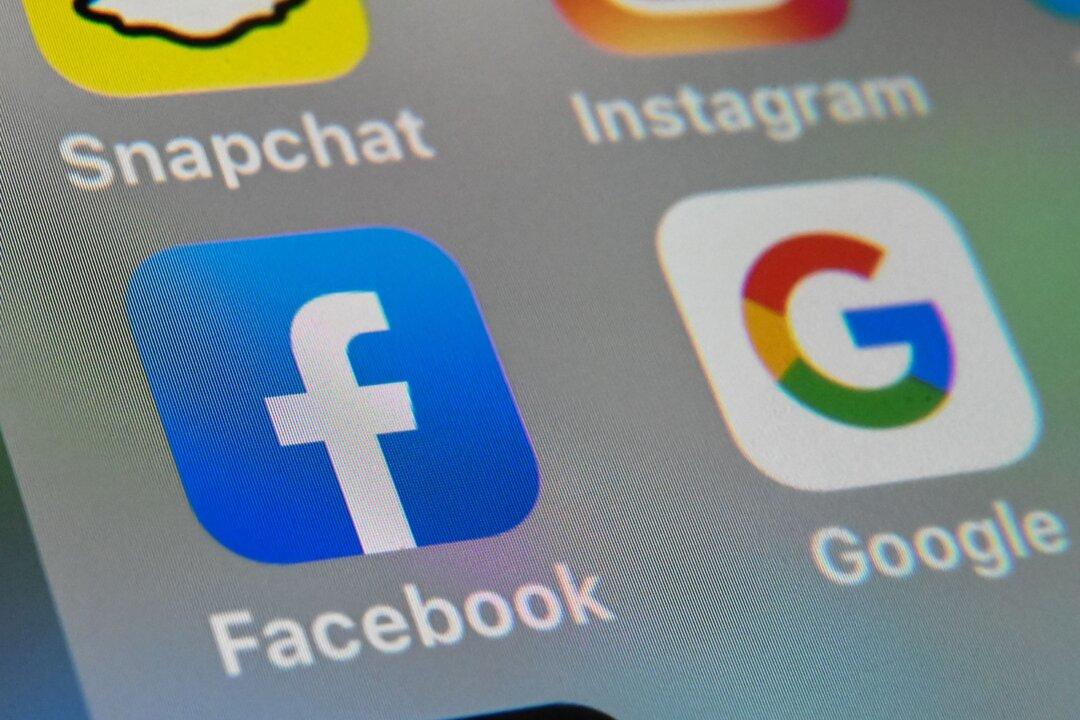Australian Treasurer Josh Frydenberg, along with Communications Minister Paul Fletcher, announced in a press release on April 20 that a mandatory code would be created to govern a range of issues on how Google and Facebook work with media companies.
This has come about because the government wants to accelerate the original timeframe for the parties to develop voluntary codes—which was slow to progress—given the media sector was already under pressure before advertising revenues declined sharply due to the pandemic caused by the CCP (Chinese Communist Party) virus, commonly known as novel coronavirus.





